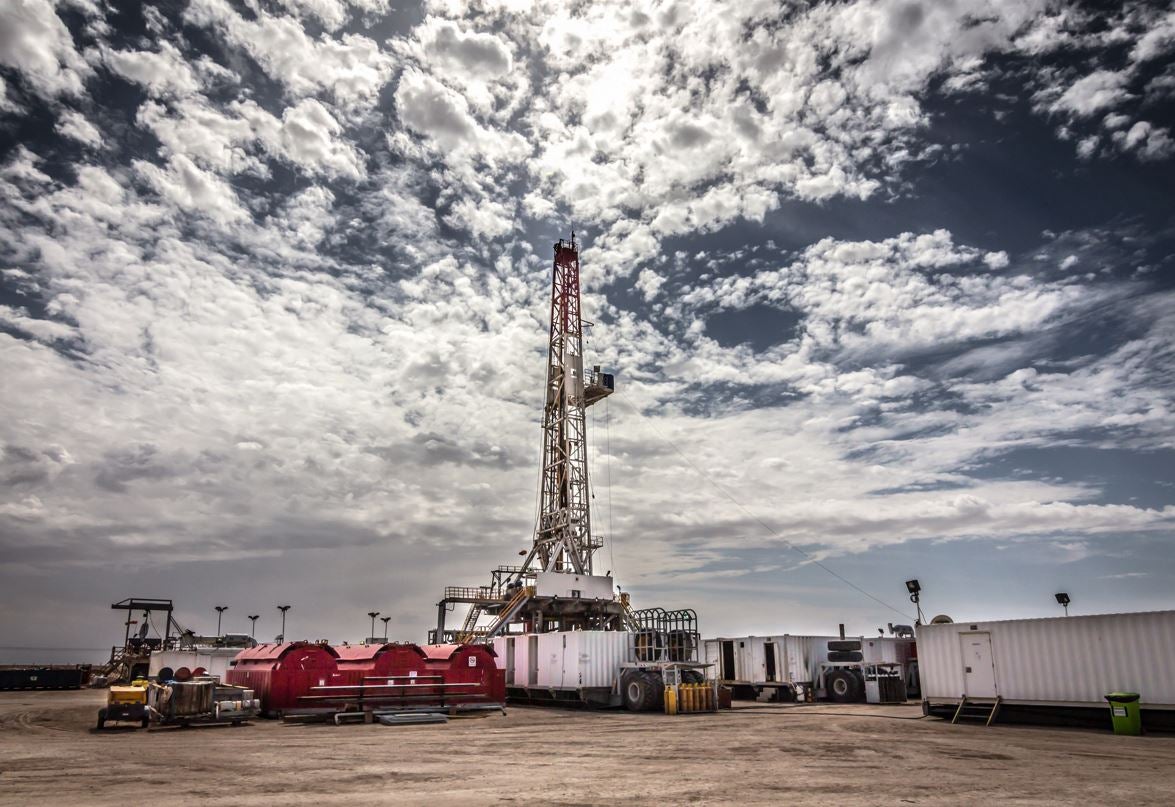
Daqing, a subsidiary of China National Petroleum Corp (CNPC), has won the contract for the development of the Rumaila oilfield in Iraq.
The 1.4bn yuan ($194m) contract will see Daqing drill wells with two rigs in the country’s south, close to the Kuwaiti border. CNPC stated it was the largest foreign contract the company has had in five years.
Daqing has worked at the Rumaila field before. In 2010, oil major bp and Iraq’s state oil company South Oil jointly awarded Daqing a contract to drill 21 wells in the lucrative oil field.
Rumaila is one of the world’s most productive oil fields. Analytics company GlobalData, Offshore Technology’s parent company, stated in June that Rumaila is the world’s fifth-highest producer of oil and gas.
CNPC holds about 48% of the gas field, with bp (46%) and the Iraqi Ministry of Oil (6%) acting as the other stakeholders. In 2022, the field produced 1.42 million barrels of oil equivalent per day (mbpd). The field is scheduled to continue production until 2049.
The contract comes as Iraq is aiming to increase its oil production capacity. In November, the country’s state-owned oil marketer, SOMO Alaa Alyasri, told Reuters that it wants to produce 7mbpd by 2030. At the time, Rumaila was outlined as an option for expansion.
How well do you really know your competitors?
Access the most comprehensive Company Profiles on the market, powered by GlobalData. Save hours of research. Gain competitive edge.

Thank you!
Your download email will arrive shortly
Not ready to buy yet? Download a free sample
We are confident about the unique quality of our Company Profiles. However, we want you to make the most beneficial decision for your business, so we offer a free sample that you can download by submitting the below form
By GlobalDataCurrently, Iraq produces close around 4.5mbpd, making it the world’s fourth-largest oil-producing country, and the second-largest producing member of Opec.
While the expansion of Rumaila is not likely to close the gap with Saudi Arabia, which produces more than twice as much oil as Iraq, it could help stretch the country’s productive advantage over neighbouring Iran, which produces 3.9mbpd.
Iranian oil exports hit a five-year high in June, threatening to upset Opec’s attempts to cut oil output in order to support the oil market. Iran is not required to cut its own output due to an exemption agreement it has with Opec.



